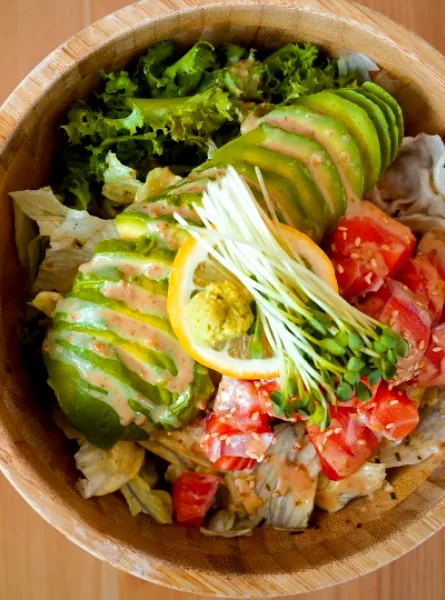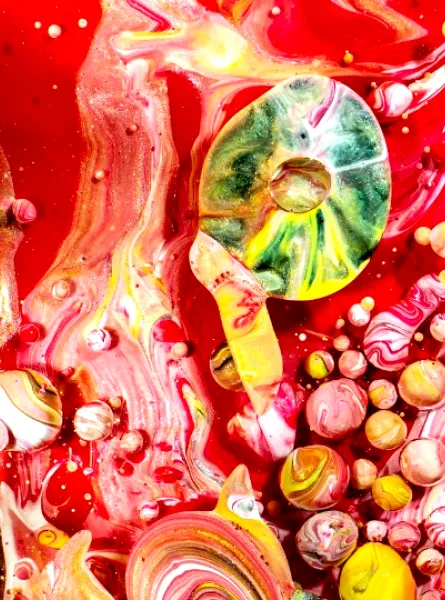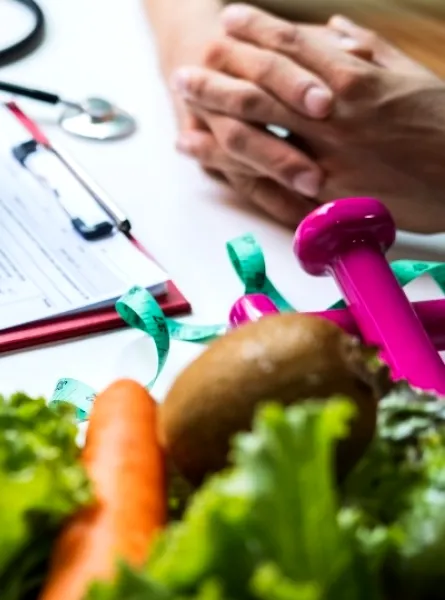
Distinguishing fact from fiction when it comes to nutrition is essential for making informed decisions about our health. Food myths abound, and it can be challenging to discern what is truly beneficial for our bodies. As a nutritionist, I have decided to shed light on some of these common myths to help you make informed food choices. In this article, we will take a detailed look at five food myths and debunk these misconceptions. By understanding the actual facts, you will be able to make informed decisions regarding your diet while taking care of your health. Whether you're a fan of yogurt, cheese, or milk, discover the truth about dairy products and how to incorporate them balancedly into your diet.
1. Sea Salt Is Healthier Than Table Salt
Contrary to popular belief, both types of salt contain the same amount of sodium. Table salt is primarily made of sodium chloride. In Canada, it is mandatory to enrich it with iodine to prevent goiter, an enlargement of the thyroid gland. As for sea salt, it can be obtained by evaporating seawater and collecting the salt left behind.
2. Coffee and Tea Dehydrate the Body
Many people believe that caffeine, present in coffee, tea, and cola-type carbonated drinks, dehydrates the body. In fact, the consumption of caffeinated beverages does not result in a higher urine volume than non-caffeinated beverages if consumption remains below 225mg. This is approximately equivalent to 2 cups of coffee, 5-6 cups of tea, and 4-5 cans of cola-type carbonated drinks. Beyond this amount, caffeine acts as a diuretic, meaning it increases urine production. However, as mentioned in Dominique Longpré's article "Maintaining Your Full Potential at Work" you will never urinate more than the quantity of caffeinated beverage you have consumed. So, it is false to say that coffee dehydrates us!
3. Raw Foods Are Always Better Than Cooked Foods
Indeed, some vitamins and other substances, such as vitamins B and C, can be destroyed or damaged by cooking. However, raw foods are not ALWAYS better than cooked foods. Let's take the example of tomatoes: while a significant amount of vitamin C may be destroyed by cooking, studies show that lycopene (an antioxidant and pigment that gives tomatoes their red color) is present in greater quantities when tomatoes are cooked. This assertion is very ambiguous since the same food can be both advantaged and disadvantaged by cooking.
4. Spinach Is the Best Source of Iron
This myth most likely comes from the famous cartoon character Popeye, who instantly became stronger after consuming a can of spinach.
First of all, it is important to know that there are two types of iron: heme iron and non-heme iron. Heme iron is relatively well absorbed (on average 25%) by the body, and it is primarily found in animal-based products. Non-heme iron, found in plant sources, is less well absorbed by the body (on average 5-10%). It is this latter type that we find in spinach.
5. Fasting Purifies the Body
Intermittent fasting advocates claim that it helps with weight loss, reduces the risk of cardiovascular diseases, and allows the body to eliminate certain waste/toxins by taking a break from food.
By debunking these food myths, it becomes easier to make informed decisions about nutrition. It is important to rely on scientific facts and not be influenced by popular beliefs or misinformation.
In conclusion, sea salt is not inherently healthier than table salt, caffeine does not significantly dehydrate the body, cooking can have advantages and disadvantages for different foods, spinach is not the sole source of iron, and fasting is not necessary to "purify" the body. By understanding these myths and relying on scientific knowledge, it is possible to make informed food choices for a balanced and healthy diet.
It's important to base our dietary decisions on scientific evidence rather than popular beliefs or misinformation. By understanding the truth behind these food myths, we can make choices that support our health and well-being. Remember, nutrition is a complex field, and it's always beneficial to consult with a qualified healthcare professional or nutritionist for personalized advice.
By seeking reliable information and staying informed, we can navigate through the sea of food myths and make choices that nourish our bodies and promote overall well-being.





